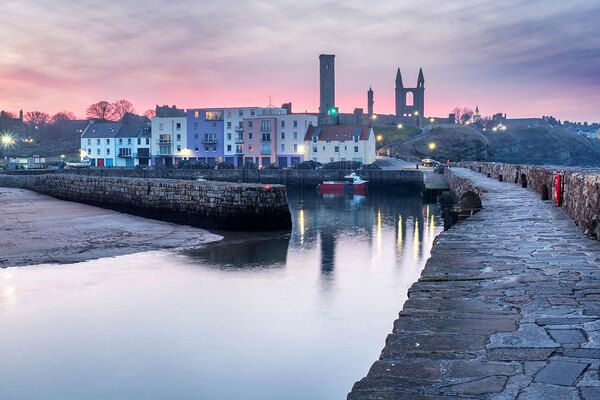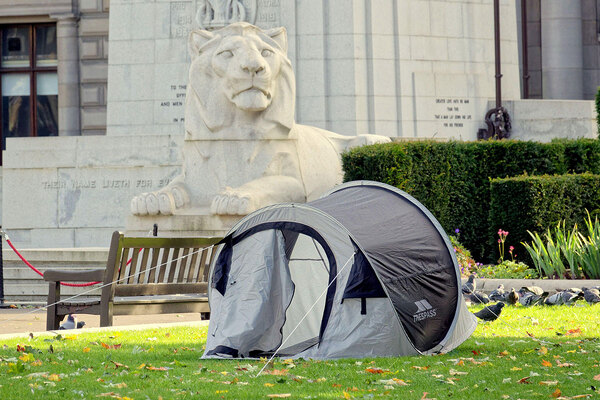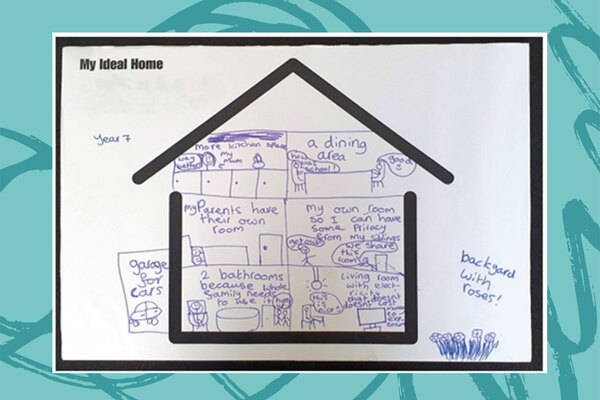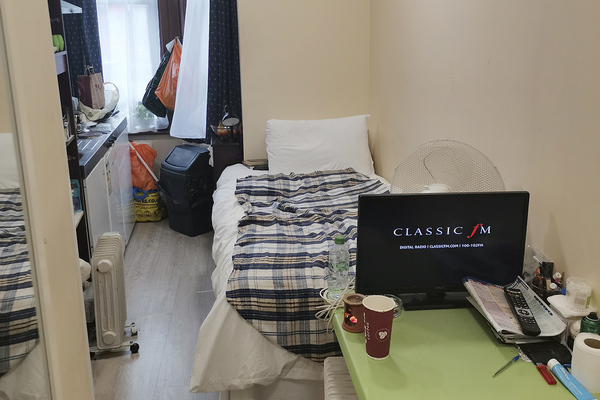You are viewing 1 of your 1 free articles
Veterans housing charity in Scotland appoints duke as president
Veterans Housing Scotland has appointed the 16th Duke of Hamilton and 13th Duke of Brandon as its new president.
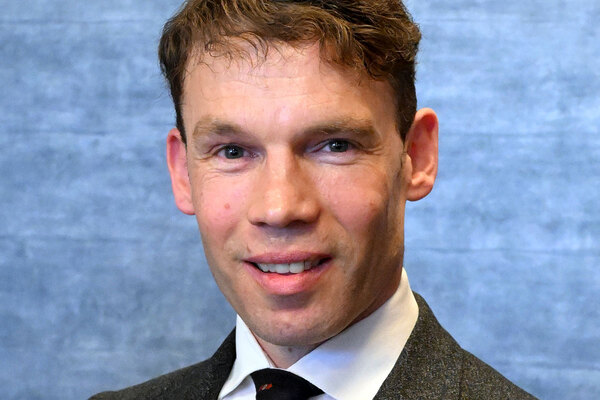
Alexander Douglas-Hamilton was titled the marquess of Douglas and Clydesdale from birth until 2010 when his father Angus, the 15th Duke of Hamilton, died and he inherited the Dukedom.
The Duke of Hamilton and Brandon is also the hereditary keeper of the Palace of Holyroodhouse.
He takes over the presidency at Veterans Housing Scotland from his late uncle, Lord Selkirk of Douglas, who the duke said did “an outstanding job and was in the position for over a decade”.
Since its inception in 1915, Veterans Housing Scotland is described as having “a long and proud history helping over 4,500 veterans”.
The charity is the leading provider of homes for disabled veterans and their families in Scotland.
Duke Douglas-Hamilton said: “I am delighted to take on the role of president of Veterans Housing Scotland.
“I am well aware of the wonderful work the charity does and everything it has achieved in its 109-year history. I intend to support the charity in any way I can.”
Bob Kemp, chair of Veterans Housing Scotland, said: “The charity is particularly honoured to welcome the Duke of Hamilton as its president.
“His Grace comes from a family with considerable military connection and this will be relevant as he takes up his new position. I know he will take particular interest in the workings of VHS and provide valuable advice and wisdom going forward.”
The appointment comes as Fife Council become the fourth local authority in Scotland to declare a housing emergency last week.
Prior to that, the Chartered Institute of Housing (CIH) warned the devolved nation’s homelessness plans are at risk without a strategy for the private rented sector (PRS), as it also declared a housing emergency across the country.
In a report, the CIH noted that fewer people experiencing homelessness are successfully finding permanent accommodation in the PRS, despite recent reforms to the sector.
Instead, the researchers said, many households are “facing lengthy stays in temporary accommodation, waiting for social tenancies that are in short supply” – particularly single people and larger families.
Sign up for our monthly Housing Moves newsletter
Already have an account? Click here to manage your newsletters

